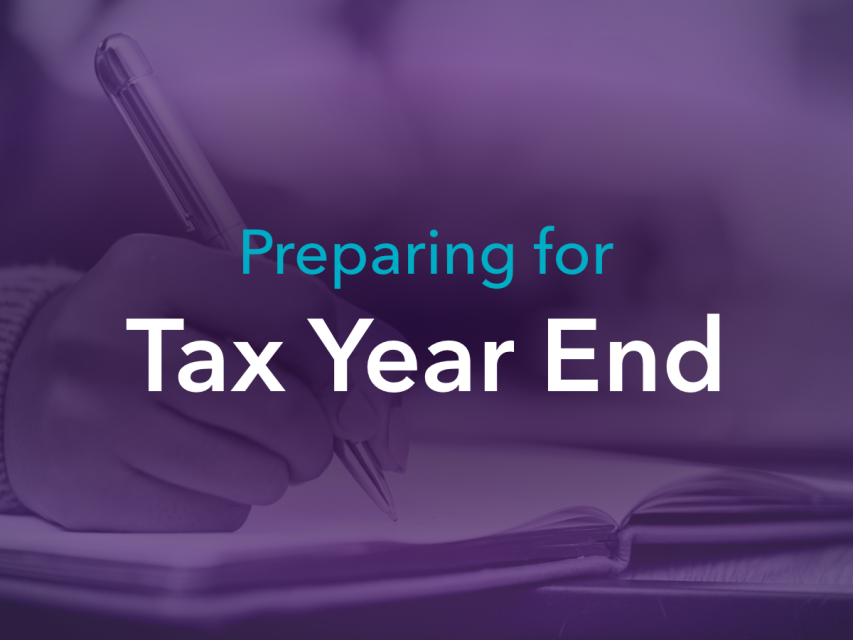Your 5 key pre-retirement checkpoints
Retirement isn’t something that happens overnight – it’s a process that can often involve decades of planning. There are several important checkpoints in the years leading up to it that can significantly affect your financial future.
Whether you’re in your early 50s or not too far away from collecting your State Pension, here are five pre-retirement checkpoints you should be aware of.
- Heading into your 50s: Pension awareness & reviewing your finances
As you enter your 50s, retirement might still feel far off – but this can be a good time to review your finances and make sure you’re on track for when you leave work behind.
Many people lose track of old pensions or underestimate their future needs.
One option is to track down all existing pensions, including workplace schemes and Personal Pensions that you may have lost track of over your working career. The Pension Tracing Service from the government is a free tool that can help you locate any lost or forgotten pensions.
Consolidating your pensions can give you an easier understanding on how your money is performing, however, you’ll need to consider any transfer charges or exit penalties so speaking to a financial adviser could be beneficial to decide what course of action to take.
The State Pension is a vital component of retirement income for many in the UK. It is a regular payment from the government that you can claim when you reach a certain age. The full new State Pension is £230.25 per week for the 2025/26 tax year, although the exact amount depends on your National Insurance (NI) contributions over your working life.
The State Pension age is currently 66 for both men and women, but it is set to increase in the future. The amount received by the time you come to retire may change, so it’s important to maximise your other retirement options.
Use the State Pension forecast tool on GOV.UK to check how much you’re on track to receive and when you can start claiming it.
Seeking help from an independent financial adviser can also help you to model different retirement scenarios, understand how much you really need to retire, and develop a strategy for building up your pension pot accordingly.
- Beginning to access your pension savings
At 55, you currently gain the legal right to access defined contribution pensions – but that doesn’t mean you should.
Taking money from your pension should be considered carefully. Your pension savings need to last you throughout your retirement – which could be longer than you might think.
From age 55 (57 from April 2028), you can usually take up to 25% from each of your pensions without paying any tax – anything beyond this is taxed as income.
This is provided that you take the money as one or more lump sums (rather than regular income) and do not take more than £268,275 of lump sums in total.
The £268,275 limit is known as the lump sum allowance (LSA) and is the maximum amount of benefits you can take from all your pension schemes as tax-free cash.
Some people may have a higher lump sum allowance (known as enhanced or fixed protection). If you’re unsure speak to your financial adviser.
Remember, from 6th April 2028 the normal minimum pension age will increase, meaning you’ll need to be aged 57 or older before you can start taking money from your pension.
There are a few different ways to access your pension savings:
- Drawdown – this enables you to take some money whilst leaving the rest invested. You can normally take up to 25% of the value of your pension you ‘activate’ in this way as tax-free cash in one lump sum or in portions over time, with the other 75% remaining invested in a drawdown plan that can be accessed over time.
- Lump sums – you can take your whole pension pot as cash straight away if you want to. 25% of your total pension pot can be taken tax-free and then you’ll pay tax on the rest as if it were income. This should be considered carefully, as it could impact the overall tax you pay for the tax year.
- Annuity – this will convert your pension pot into a guaranteed regular income for the rest of your life, no matter how long that is.
If you have a Defined Contribution Pension, Money Helper offer free Pension Wise appointments to help you understand the options for taking your money.
- Checking up on any Defined Benefit Pensions and your National Insurance record
You can usually take your Defined Benefit pension when you reach your State Pension age. You may be able to take it earlier if the scheme you’re in allows you to do so, however, this could result in receiving a lower income.
Reviewing your scheme’s projected benefits helps you understand how much income you’ll receive, when you can access it, and whether any options like lump sums or spousal benefits are available.
Your National Insurance record determines your eligibility for the State Pension. To receive the full new State Pension, you generally need 35 qualifying years of NI contributions. Checking your record ensures there are no gaps that could reduce your pension entitlement.
You may have gaps where you were self-employed but did not pay contributions because of small profits or were perhaps living or working outside the UK.
You may be able to pay voluntary contributions to fill any gaps and top up your State Pension. You can check if you’re eligible for National Insurance credits before deciding to pay voluntary contributions.
- Applying for your State Pension
As mentioned earlier in the blog, understanding your entitlement is crucial for retirement planning.
Not everyone gets the same amount and how much you get will depend on your National Insurance (NI) record. The State Pension age is currently 66 and rising (gradually moving to 67 by 2028).
What you need to know:
- You must apply. The State Pension is not paid automatically. You need to claim it either online, by phone, or by post. You’ll receive a letter from the government about four months before you reach State Pension age, informing you of your options.
- If you want to defer, you do not have to do anything. Your pension will automatically be deferred until you claim it. Deferring your State Pension could increase the payments you get when you decide to claim it. However, any extra payments you get from deferring could be taxed.
- Final preparation ahead of retirement
As retirement approaches, it’s time to pull everything together. You can start by confirming how much income you’ll have and from where. The bulk may come from pension arrangements you’ve accumulated over your working career alongside other avenues such as savings and investments, property, your home (selling equity), or part time work.
Income from investments such as buy to let properties, dividends for direct shareholdings and savings are all potentially subject to tax.
You could look to create a post-retirement budget – including housing, travel, health and inflation. Retirement can be a great time to pursue hobbies that provide physical and mental stimulation as well as a chance to explore new interests, but this will have to be accounted for in your planning.
Inheritance planning
- Update your Will: It can be useful to review and update your Will as necessary as retirement often involves significant life changes that can impact your estate plan. You can make small changes to your Will by using a document called a codicil. However, if you’d like to make significant changes to the Will, then it might be better to write a new Will. It’s always recommended to speak to a solicitor when considering writing or updating a Will.
- Consider a Power of Attorney: This is a document that gives someone else the power to act on your behalf and make decisions for you. These can be useful if you become incapacitated or your physical health deteriorates, but only if they are put in place before this happens. They can also be set up for someone to act while you have capacity (for example, if you go on a long holiday). There are different types of attorneys across the four nations of the UK with different powers and terminology, so this can be a complex topic to navigate. Again, it is always recommended to speak to a solicitor before you put a Power of Attorney in place.
- Review any inheritance plans: This can ensure they align with your current financial goals and the latest tax regulations. This includes considering the potential impact of Inheritance Tax and reviewing any trusts or lifetime gifts you may have established. Retirement can trigger changes in income, assets, and long-term priorities, which can affect how and when you wish to pass on wealth.
Final thoughts
From tracking down pension pots to deciding how and when to access them, the lead-up to retirement is an opportunity to take control and make informed choices.
Clear planning around income, tax, and inheritance ensures that your money not only supports your own retirement goals but also passes efficiently to your loved ones, if that’s part of your legacy. Consulting a financial adviser or solicitor can help ensure your plans are tax-efficient, legally sound and reflective of your wishes.
With investing, your capital is at risk. Investments can fluctuate in value and you may get back less than you invest. This material is not a personal recommendation or financial advice and the investments referred to may not be suitable for all investors.
Tax is subject to an individual’s personal circumstances and tax rules can change at any time.
The Financial Conduct Authority do not regulate Will Writing, Tax Advice and Estate Planning.
Pension eligibility and tax rules apply. You should ensure your contribution does not result in your total Pension contribution within the tax year exceeding £60,000 or 100% of your earnings, whichever is lower. Past performance is not a guide to future performance.
True Potential Wealth Management is authorised and regulated by the Financial Conduct Authority. FRN 529810. Registered in England and Wales as a Limited Liability Partnership No. OC356611.
True Potential Investments LLP is authorised and regulated by the Financial Conduct Authority. FRN 527444. Registered in England and Wales as a Limited Liability Partnership No. OC356027.
True Potential LLP is registered in England and Wales as a Limited Liability Partnership No. OC380771.





